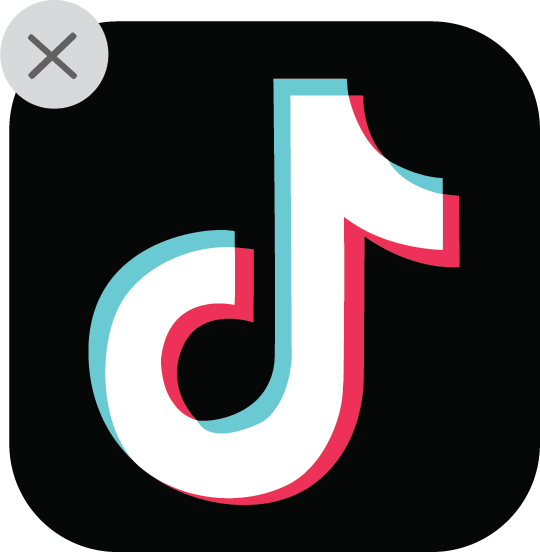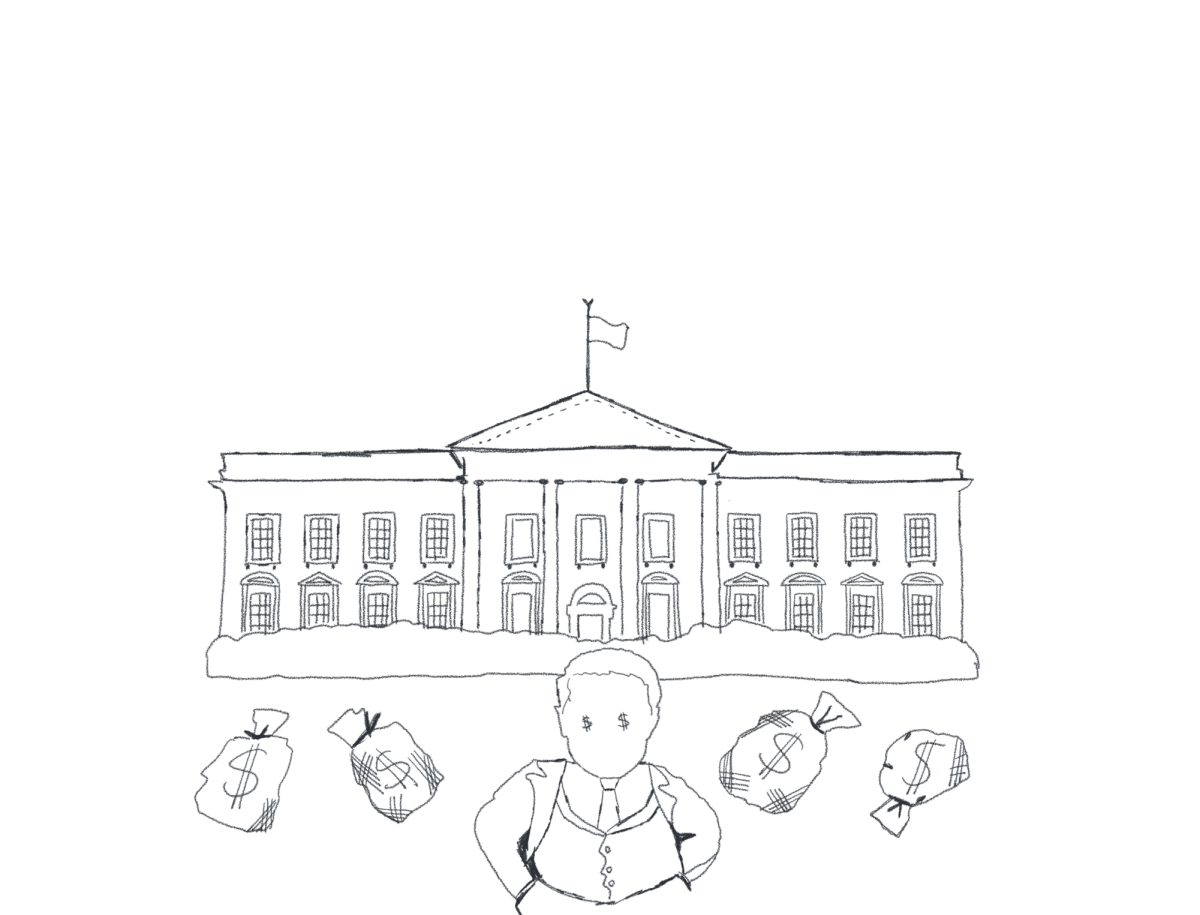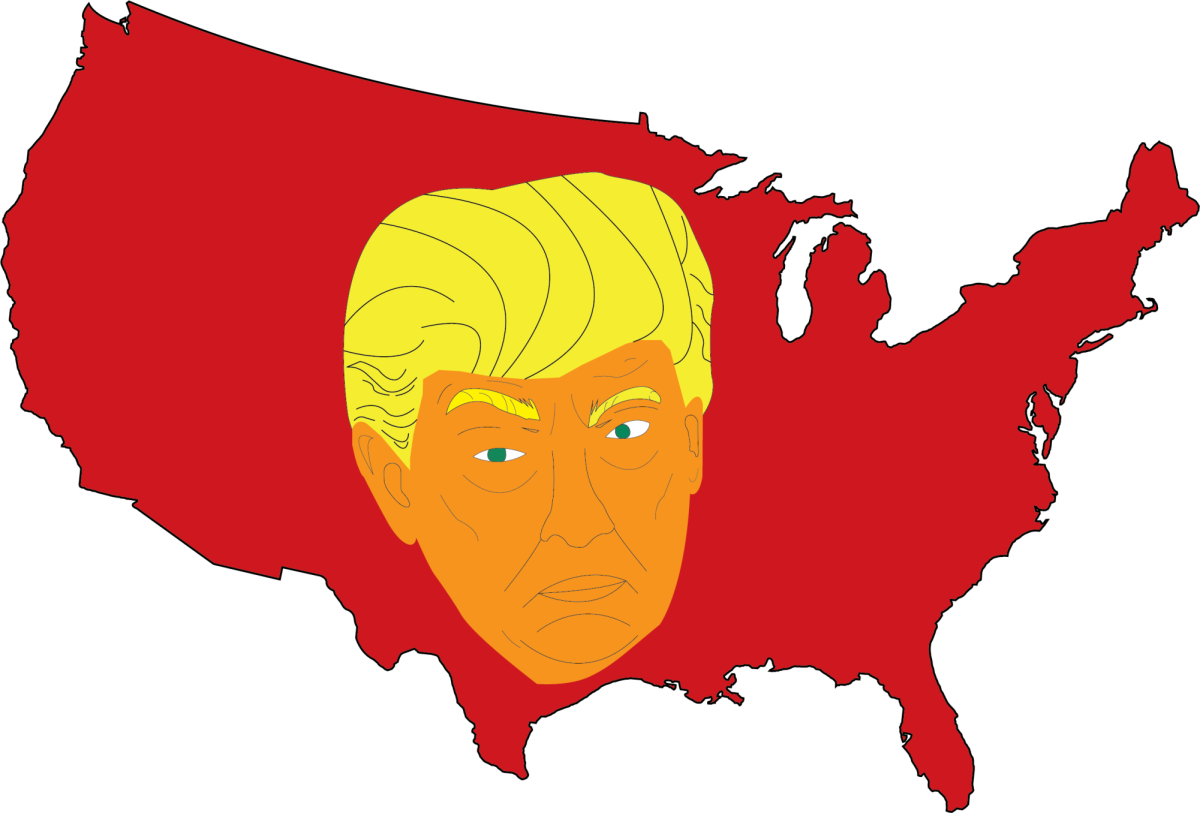For a bleak twelve hours on Jan. 19, the 170 million active American users on TikTok opened the app only to be met with a disclaimer stating that TikTok was now banned in the U.S., according to Amnesty International. Many users, seemingly as an alternative, fled to the Chinese-owned social media app XiaoHongShu, more commonly known as REDNote. The app flew to the top of Apple’s free-to-download list, contending with apps like Threads, Instagram, and Facebook.
On Jan. 16, three days before the ban date of TikTok, REDNote gained nearly 3 million U.S. users, according to Forbes. The app’s typical content of shopping and reviews was washed out with thousands of American users making parody videos about the ban. The ban was prompted after American government officials alleged its owner, the Chinese tech company ByteDance, may be using the app as a source of espionage, according to CBS News, putting pressure on the company to transfer ownership to an American company or have its app banned. However, President Donald Trump signed an executive order that allowed TikTok to be used within the states for another 75 days. Trump appointed Vice President JD Vance and National Security Advisor Michael Waltz to oversee the sale of the app to a trusted American buyer, using the extra time to work with his administration to find a solution that protects security concerns without permanently banning the multi-billion dollar app.
LASA freshman Hana Vikalo explained that they were happy with TikTok’s swift return. Vikalo is among those who got to experience the app’s ban in real-time.
“At first, I thought my Wi-Fi was lagging,” Vikalo said. “Nothing was loading, and I kept refreshing the app. On my third refresh, I got the message that it was banned. I was confused because everyone was saying it wouldn’t be banned until midnight. I guess I moved to REDNote to cope.”
Vikalo added that REDNote or Instagram Reels didn’t compare to TikTok’s algorithm.
The TikTok algorithm, used to recommend content tailored to the user, took a team of data scientists months to perfect, according to BBC. It seems more addictive than competing apps because of the large amount of user data it consumes, according to The New York Times. On top of this, its algorithm is unique because it serves content from followed accounts as well as unknown, and uses factors like playtime, likes, comments, and plays to decide how engaged” the user was, according to Buffer, a social media manager. Due to the app’s success, many like Vikalo were hesitant if the ban will truly go through.
“The app is too influential and makes too much money for it to be banned,” Vikalo said. “And you know, there’s been ‘ban scares’ on the app since 2023.”
‘Ban scares’ on TikTok are recurring waves of panic where users feel the app will be banned usually due to policy changes, according to TechTarget, a data company. The scares typically gain popularity through viral videos about exaggerated claims, reactions, and debates over potential censorship. They are not usually taken seriously due to the amount of them that have previously flooded the app’s feed multiple times, according to Vulture.
Salwa Yordi, an Austin-based influencer and activist, agreed that banning TikTok in the U.S. may not be worth it for reasons such as security, censorship, and confidentiality. She argued that data privacy is a problem throughout many platforms, and it’s not specific to TikTok.
“The fact that the [U.S. government feels they] have to sell it to someone when they’re doing so well financially is crazy to me,” Yordi said. “Especially knowing that at the end of the day whenever we post something on social media, everybody gets to see it, we don’t know what the security is like.”
Yordi expressed concerns for influencers that make a living off of TikTok. She explained that the app pays much more than competitors like Instagram or YouTube, so creators may not be able to receive the same kind of earnings on different platforms.
“My concern is primarily how, [for] so many people, their full-time job relies on TikTok,” Yordi said. “If they were not to have that platform, many of them would be without a stable income, and that affects not just them but the economy”
TikTok has helped Yordi personally by providing her with a space to share her beliefs and promote her organization, the Latinitas. The Latinitas is a nonprofit organization dedicated to empowering girls through media and technology. Through the platform, she has been able to grab the attention of sponsors and donors. If the app’s ban does become permanent, Yordi believes that where users will flee differs between generations.
“I got into REDNote just because I was curious about it,” Yordie said. “It’s a Chinese platform too. I do think that if TikTok gets shut down, many of us would go to Instagram, and perhaps Gen Z would explore REDNote and the other applications.”
However, LASA freshman Scarlett Miranda-Benitez feels the other applications will not bring the same shared sense of community and influence TikTok currently does. She emphasized that the app represents more than just a content-sharing platform.
“I just think it’s too much of our culture,” Miranda-Benitez said. “Most of the current trends–like fashion and language have come from there. You can see one video of a girl wearing a hoodie that goes viral then everyone has that hoodie, or you see one video of someone using a new word, and it’s in every comment section for like a month.”
However, the negative effects of TikTok can stem from such influence, making some feel out of the loop, effectively worsening some user’s mental health, according to medical articles by Yale Medicine. The app has been linked to reduced attention spans, body image issues, and social insecurity, according to the University of California at Davis Health Department. Miranda-Benitez still feels the problem is bigger than any one app.
“That’s more of a social media problem in general,” Miranda-Benitez said. “TikTok is more authentic. I’ve seen a lot of posts where people are just being themselves or talking about relatable things. I mean, a lot of people wouldn’t know what to do in their free time, so maybe if it got banned they would be productive with that time, maybe they wouldn’t.”
Overall, the potential TikTok ban raises concerns over privacy, content creators’ well-being, and the app’s influence on digital culture. According to its users, regardless of the outcome, TikTok has left a mark on the modern age.






